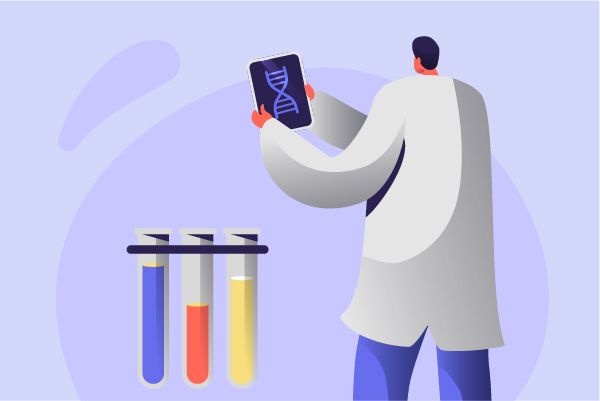Request Demo
Recent blog posts
Valuable Targets
4 min read
What are C5 inhibitors and how do you quickly get the latest development progress?
15 November 2023
C5 inhibitors can defend against biological attacks and control diseases caused by immune responses.
Valuable Targets
4 min read
What are BTK inhibitors and how do you quickly get the latest development progress?
15 November 2023
Bruton's Tyrosine Kinase (BTK) inhibitors present a promising treatment for B-cell malignancies. Over the past decade, numerous clinical trials involving BTK inhibitors with anticancer potential have commenced, signaling a bright future for BTK inhibitors.
Valuable Targets
4 min read
What are BRD4 inhibitors and how do you quickly get the latest development progress?
15 November 2023
BRD4 inhibitors, developed using computer-assisted drug design, are viewed as potential therapies for various diseases due to BRD4's involvement in gene expression, chromatin remodeling, cell cycle, and cancer.
Valuable Targets
4 min read
What are BRAF inhibitors and how do you quickly get the latest development progress?
15 November 2023
BRAF mutation is one of the significant therapeutic targets for various solid tumors, with BRAF inhibitors representing a major form of targeted combination therapy for BRAF mutation-positive solid tumors.
Valuable Targets
4 min read
What are β-lactamase inhibitor and how do you quickly get the latest development progress?
14 November 2023
β-Inhibitors can inhibit the activity of β-lactamase inhibitors produced by drug-resistant bacteria. They are typically used in combination with β-lactam antibiotics to protect the β-lactam antibiotics from hydrolysis, thereby inhibiting enzyme-resistant bacteria.
Valuable Targets
4 min read
What are Bcl-2 inhibitors and how do you quickly get the latest development progress?
14 November 2023
The overexpression of BCL-2 protein allows tumor cells to evade apoptosis and to become resistant to a variety of anti-tumor drugs. Bcl-2 inhibitors are a new type of anti-cancer drug developed to target the mechanism of apoptosis, promoting cell death.
Valuable Targets
4 min read
What are ATR inhibitors and how do you quickly get the latest development progress?
14 November 2023
ATR, a core DDR kinase, senses replication stress and signals S and G2/M checkpoints to initiate DNA repair. It's a hot target in anti-cancer drug development, with some ATR inhibitors already in clinical trials.
Valuable Targets
3 min read
What are aromatase inhibitors and how do you quickly get the latest development progress?
14 November 2023
Aromatase converts androstenedione to estrogens. In postmenopausal women, it mainly comes from adrenal glands. Aromatase inhibitors target high-risk groups, combined with OFS for endocrine therapy.
Valuable Targets
4 min read
What are androgen receptor inhibitors and how do you quickly get the latest development progress?
14 November 2023
The Androgen Receptor (AR) regulates prostate homeostasis and cancer cell survival. AR-targeted therapy boosts survival rates in advanced prostate cancer patients ineffectively cured by surgery or radiation.
Valuable Targets
5 min read
What are AMPK inhibitors and how do you quickly get the latest development progress?
14 November 2023
AMPK is a critical metabolic regulator, responsible for maintaining and restoring energy balance at the cellular and physiological levels. Studying AMPK targets and their microenvironment helps clarify how AMPK restores energy homeostasis.
Valuable Targets
5 min read
What are Akt inhibitor and how do you quickly get the latest development progress?
13 November 2023
AKT (Protein Kinase B), a pivotal player in PI3K/AKT/m-TOR signaling pathway, is a prospective drug target clinically. Its activation is crucial for cell survival and growth, implicating in tumorigenesis and metastasis. Research indicates AKT over-activation in over 50% of tumors.
Valuable Targets
4 min read
What are acetylcholinesterase inhibitors and how do you quickly get the latest development progress?
13 November 2023
Acetylcholinesterase (AChE), the primary cholinesterase in the body, is an enzyme catalyzing the breakdown of acetylcholine and of some other choline esters that function as neurotransmitters.











